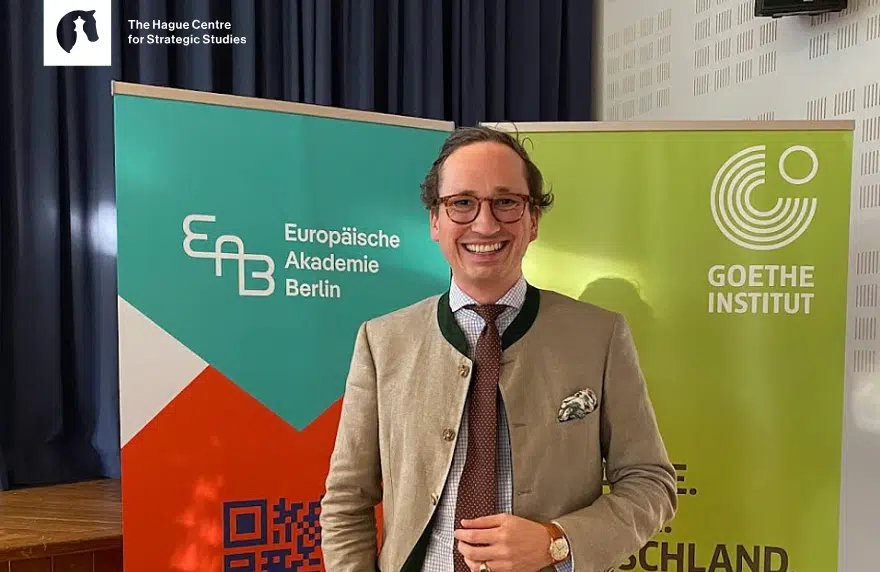In 1989, just after the fall of the Berlin wall, I finished a dissertation on Nato. My conclusion was that the organisation was in crisis.
The threat from the East had decreased significantly. Nuclear deterrence had had its day and initiatives to do more with fewer funds had failed miserably. In May 1985 the most comprehensive improvement programme ever was launched. In order to pay for this modernisation drive Nato countries wanted to spend 3% of their GDP on defence.
Many initiatives were to follow. But Nato’s demise is still being predicted, the argument being that we are running out of enemies. Nato is still in crisis because every military operation, including the recent intervention in Libia, has been surrounded by political controversy while the military results have been doubtful. And initiatives to do more with less money have all came to nothing.
But not for lack of trying: at the recent Nato summit the smart-defense initiative was introduced. A list of 160 project proposals did the rounds of which some twenty were adopted. But experienced Nato watchers know that many of the projects also figured in the Defense Capabilities Initiative of 1999.
The reason is simple. From 2007, European countries have been cutting back an average 10% on defence, on top of another 10% cut between 1990 and 2007. Investment stopped, armed forces were whittled down and European dependence on the Americans, instead of diminishing, became greater.
The operation in Libia was presented as a European success but could only be launched because the Americans provided 75% of the critical support, which included tank planes and intelligence gathered by satellites and unmanned spy planes. Without this, the European planes would not have been able to perform long missions and throw bombs.
Now that the US itself is cutting spending, is focusing on Asia and complaining that Washington is coughing up 80% of Nato expenses, smart defence may very well be the last chance for a European defence.
The Netherlands is doing its best to help the initiative with its plans to share airfields with the Belgians, sharing the costs of the successor to the F-16 fighter plane with other countries and having Belgian paratroopers cooperate with the Dutch air manoeuvre brigade. Although it earned the Netherlands some much-needed goodwill from the Americans, it can hardly have saved a significant amount of money. But there is no other remedy. Or is there?
If Europe really wants to make strides it will have to follow the treaty of the European Union: strive for a European defence. Then there can be an end to all those small, hardly deployable European defence forces and their ever-expanding bureaucratic top layers.
Only then Europe can achieve what politicians and citizens alike want: do more with less money. But that means handing over sovereignty to Brussels.
Needless to say, the time is hardly ripe for such a move. So we muddle on, undermining organisations that we may badly need some time in the future, with Europe sinking more and more into a position of insignificance which will cost us our prosperity and safety. And nobody seems to care one bit.
The article was originally published in the Dutch newspaper Trouw.




